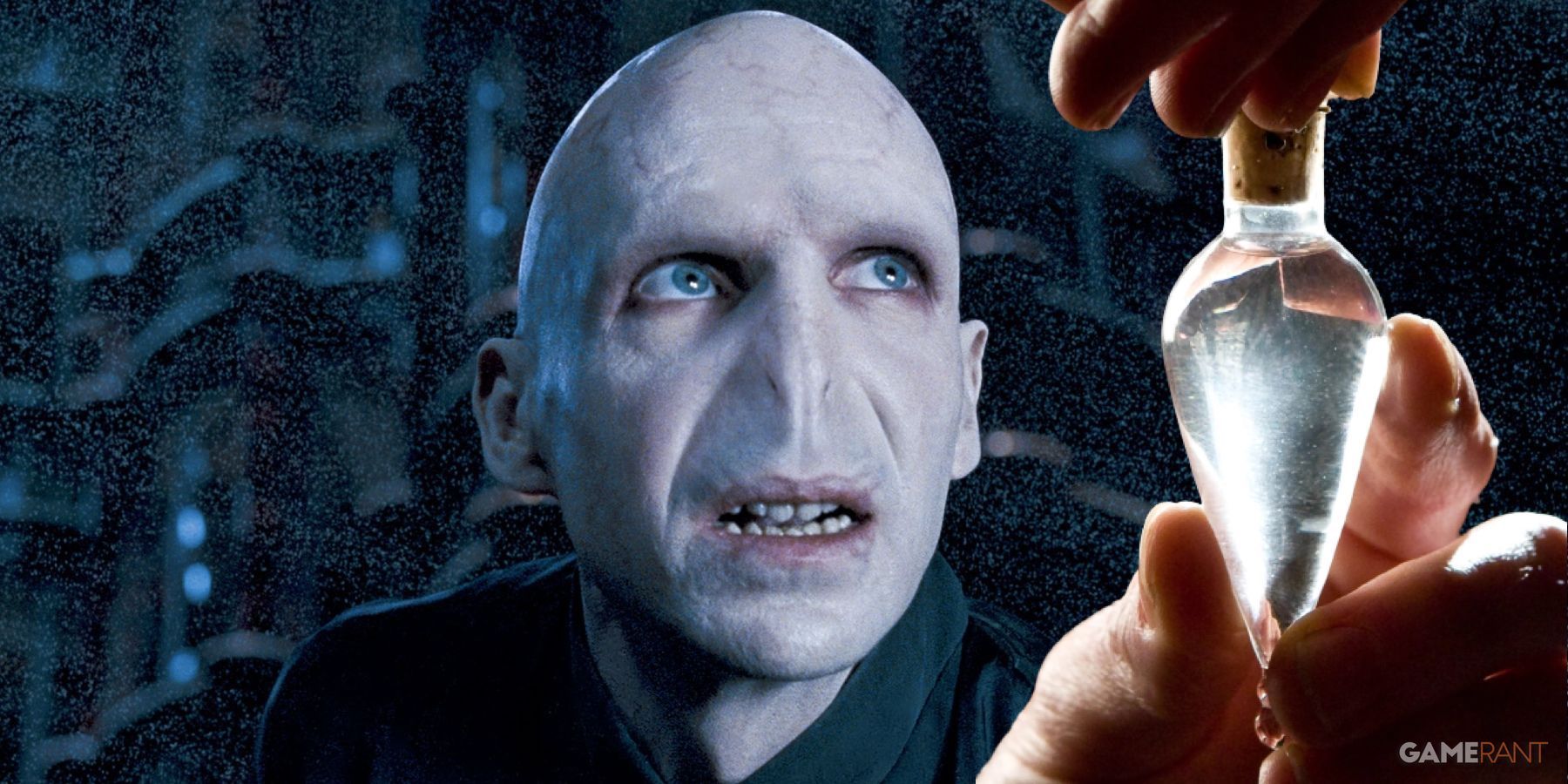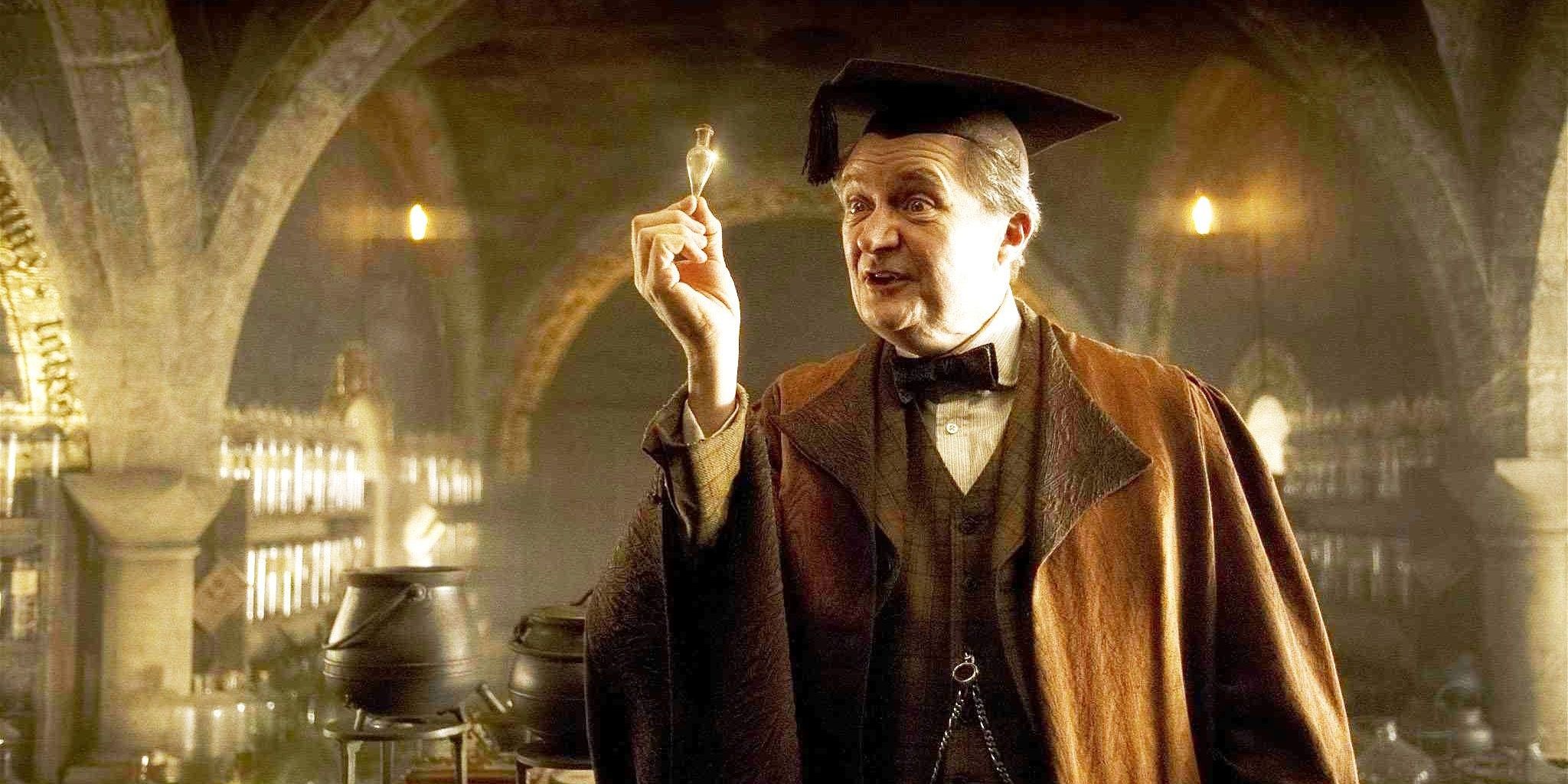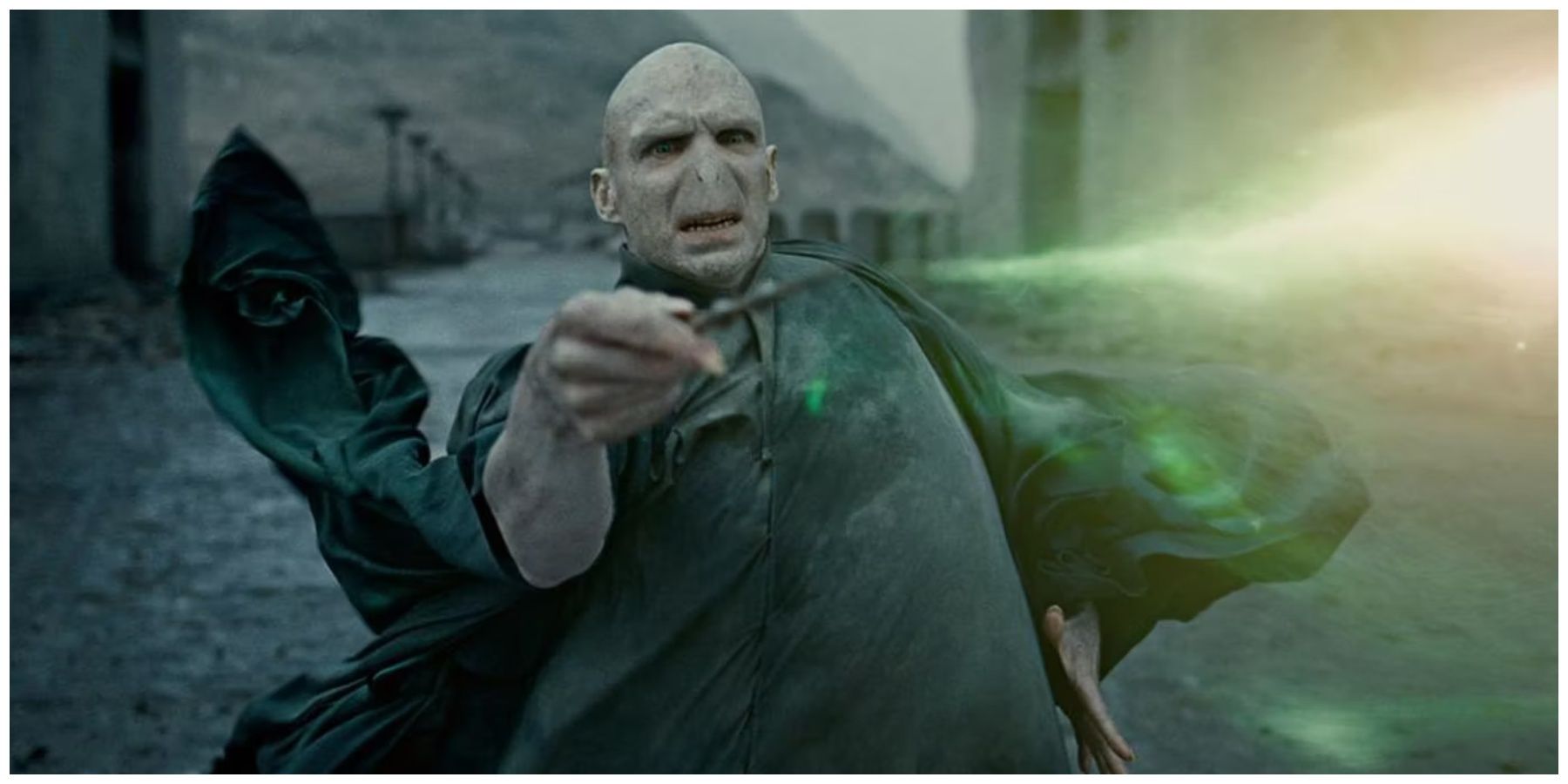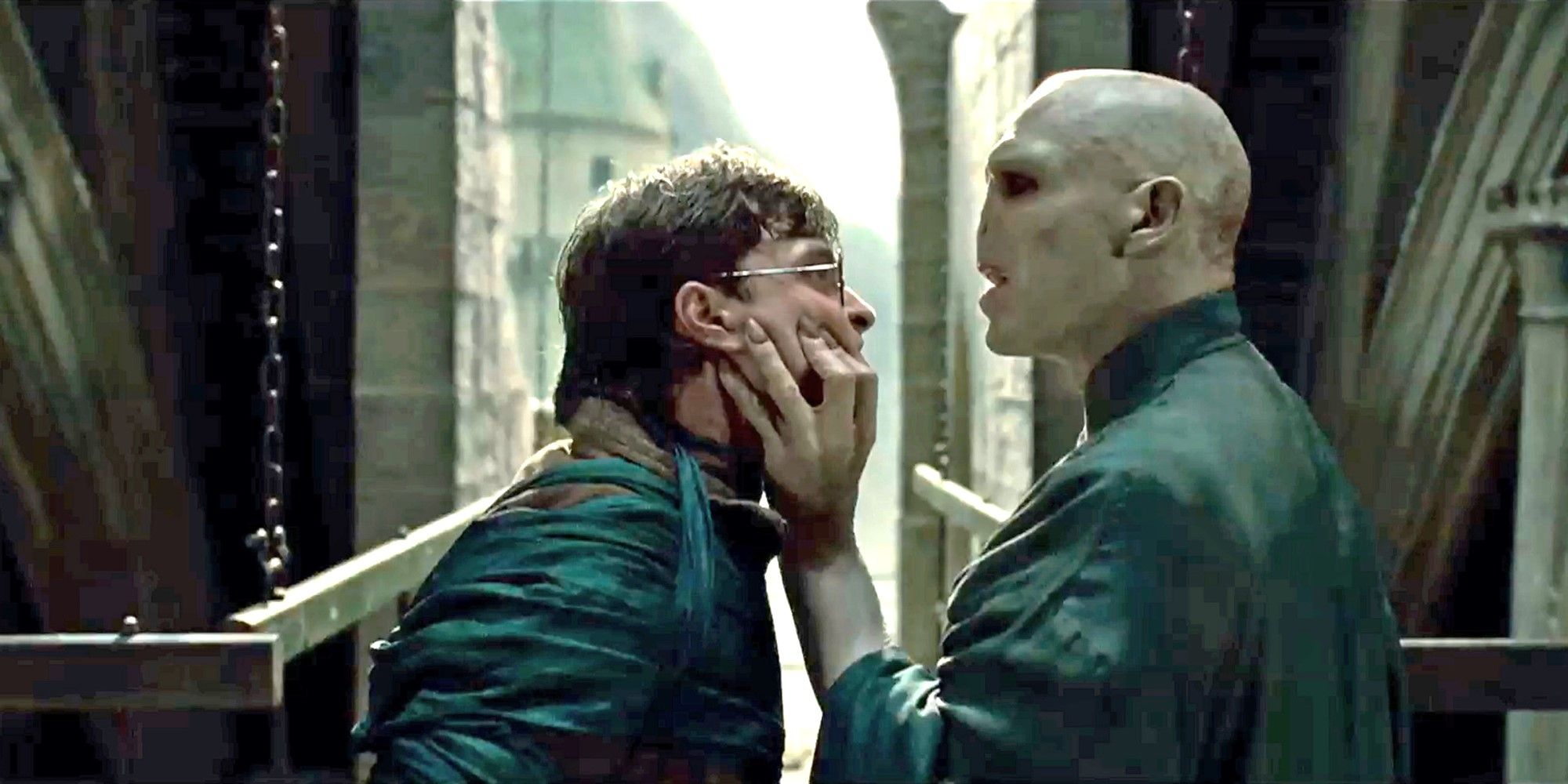Lord Voldemort stood as one of the greatest dark wizards in the Harry Potter franchise. Armed with immense power and a monumental desire for immortality, fans may wonder why he didn't exploit every resource available to him, including the infamous potion Felix Felicis, also known as "liquid luck."
Throughout the Harry Potter series, Voldemort made some questionable decisions that eventually led to his downfall. Despite his ambition and motivation to achieve immortality, he seems to have overlooked the potential effects of liquid luck, which could have given him a decisive advantage.
The Power of Felix Felicis
In the world of Harry Potter, Felix Felicis is considered one of the most powerful and sought-after potions. It is known for granting whoever drinks it extraordinary luck for a day, increasing their chances for success in any endeavor, making it possible to achieve seemingly impossible challenges. Those lucky enough to drink it gain an ability to constantly make the right decisions, seize any opportunity in their way, and navigate any path with a great advantage. Even the presence of Felix Felicis in one's possession instills a sense of confidence and a feeling of being guided through the right path by an invisible hand.
Felix Felicis was invented in the 16th century by Zygmunt Budge, one of the most accomplished potion makers ever known in the wizarding world, who spent years perfecting the recipe. Crafting this potion requires a meticulous process that takes 6 months and involves a careful blend of magical ingredients, such as Occamy eggshells, Murtlap tentacles, and Ashwinder eggs. The rarity of these ingredients and the complex alchemical procedures required to perfect it only increases the potion's desirability and value. As a result, Felix Felicis is rarely encountered, with only a few possessing the knowledge and skill to brew it, making it a treasure searched by many ambitious wizards and witches who crave an advantage in their pursuits.
The effects of Felix Felicis are not merely a matter of chance or coincidence. The potion helps subtly influence the events and circumstances of the drinker, guiding them towards favorable outcomes. However, it is not able to improve the drinker's chances against certain powerful spells and enchantments, such as the Room of Requirement. Due to its effects, it is forbidden and considered cheating during events like Quidditch matches and academic tests. It is also crucial to use the potion wisely, as it is highly toxic in large quantities, and an excessive reliance on it can lead to reckless behavior and a feeling of invincibility.
Voldemort's Obsession with Power
Voldemort is, without a doubt, one of the most powerful wizards in the history of the wizarding world, although he made some mistakes on his quest for immortality. An insatiable thirst for power is the dark wizard's biggest defining trait. From his early years as Tom Riddle, his ambition was unrivaled, driving him to seek out dark magic and forbidden knowledge.
In The Half-Blood Prince, fans gain insight into a secret from Voldemort's past as a Hogwarts student. It is revealed through memories witnessed by Harry that Voldemort, then known as Tom Riddle, was a member of the Slug Club, which was led by Horace Slughorn, the Potions teacher. Riddle used his talent for manipulation to exploit Slughorn's fears and desires, convincing him to provide him with advanced magical knowledge and undeserved high grades.
In addition to his obsession with power, Voldemort's arrogance and overconfidence plays an important role in his decision-making process. He saw himself as superior to others, particularly when it came to his power. This led him to believe that he could triumph over any obstacle through his skill and innate dark magic alone. Voldemort's superiority complex caused him to dismiss any need for external aids, solely relying on his own magic and the loyalty of his Death Eaters, underestimating the potential benefits that any help could have provided.
The Dark Lord's overconfidence not only came from his extraordinary magical abilities, but also from his past successes. He had overcome countless obstacles and destroyed various enemies without aid. Voldemort viewed himself as invincible, considering his mastery of the Dark Arts the very best in the world. In his mind, relying on luck, even through something as powerful as Felix Felicis, would be an admission of weakness and a sign of doubt in his own power.
Why Didn't Voldemort Use Felix Felicis During His Battle Against Harry Potter?
The final battle between He Who Must Not Be Named and Harry Potter on The Deathly Hallows was one that would determine the fate of the wizarding world. Yet, in a moment of such importance, there was no sign of Felix Felicis. Voldemort's delusions led him to believe that he was destined to beat the Boy Who Lived without resorting to luck or any external aids. His need to prove his superiority over Harry made him face his final battle with an extreme confidence and a strong belief in his own invincibility, denying himself a potentially decisive advantage.
While the potential benefits of Felix Felicis are undeniable, the absence of liquid luck in the Dark Lord's arsenal can be attributed to a combination of his obsession with power, arrogance, pride, and overconfidence in his own magical abilities. Voldemort believed himself to be beyond luck, invincible, and saw external help as a sign of weakness. The decision not to use such a powerful advantage only proves Voldemort's Slytherin nature, his ambition, and his determination to gain power on his own terms, and adds another layer of complexity to the iconic Harry Potter antagonist.







